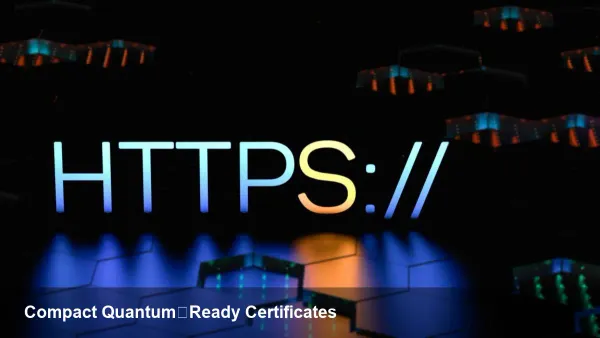OpenAI Restructure Sparks IPO and Spending Spree

- OpenAI has finalized its transition into a for-profit corporation, setting the stage for a potential Initial Public Offering (IPO) and massive capital investment.
- The move, which solidifies Microsoft's partnership with a 27% stake, faced significant legal and regulatory challenges, including a lawsuit from co-founder Elon Musk.
- OpenAI has already committed to spending a staggering $1.4 trillion on AI infrastructure, including data centers and chips, to fuel its aggressive development plans.
- Despite the new structure, critical questions remain about the nonprofit board's actual power and the specifics of OpenAI's complex relationship with Microsoft, a key partner and competitor.
OpenAI Finalizes For-Profit Restructure Amid Controversy
In a decisive move that reshapes its future, OpenAI has completed its complex restructuring into a more conventional for-profit entity. The transition, which took roughly a year, clears the path for an eventual IPO and unlocks the company's ability to raise the immense capital needed to fund its ambitious artificial intelligence development goals.
The company, still recovering from the tumultuous ousting and reinstatement of CEO Sam Altman, can now operate more like what its CFO Sarah Friar called a "Normal Co.," allowing it to "continue to raise capital in a much less complex way." This new structure was critical for investors like SoftBank, who might have been hesitant to pour billions into a company with a complicated nonprofit oversight model.
Overcoming Significant Hurdles
The road to restructuring was fraught with challenges. Elon Musk, an OpenAI co-founder, filed a lawsuit to block the move, arguing it betrayed the company's original nonprofit mission. The effort also faced scrutiny from former employees and nonprofit leaders who urged regulators to intervene. Ultimately, the company secured the necessary approvals after what Delaware State Attorney General Kathy Jennings called “a long and intensive negotiation,” which included signing a new pact with its primary backer, Microsoft.
A $1.4 Trillion Vision for AI Dominance
With the corporate conversion complete, OpenAI is poised for an unprecedented spending spree. During a recent event, Altman announced the company has already committed to a jaw-dropping $1.4 trillion investment in AI infrastructure. To finance this vision, OpenAI will need to tap into venture funding, debt, and, most likely, the public markets through an IPO.
Lingering Questions and A Complicated Microsoft Alliance
While the restructure provides a clearer path for fundraising, it leaves several governance questions unanswered. The relationship between the original nonprofit board and the new for-profit entity remains ambiguous. Notably, the nonprofit board, which once fired Altman, no longer has the power to fire executives at the for-profit business, raising concerns about its ability to provide meaningful oversight.
Microsoft's Powerful Position
The new agreement cements Microsoft's role, granting the software giant a 27% stake. However, the specifics of how the two companies will manage intellectual property are still murky. An independent panel will eventually decide when OpenAI achieves artificial general intelligence (AGI), at which point Microsoft's preferential access to revenue and research will cease. How this panel will be formed and what criteria it will use remain undefined, leaving Microsoft in a powerful position as both a key partner and an emerging competitor.
Meanwhile, Elon Musk's legal battle shows no signs of ending, with his lawyers vowing to continue the fight, potentially forcing OpenAI to unwind the very structure it fought so hard to create.





